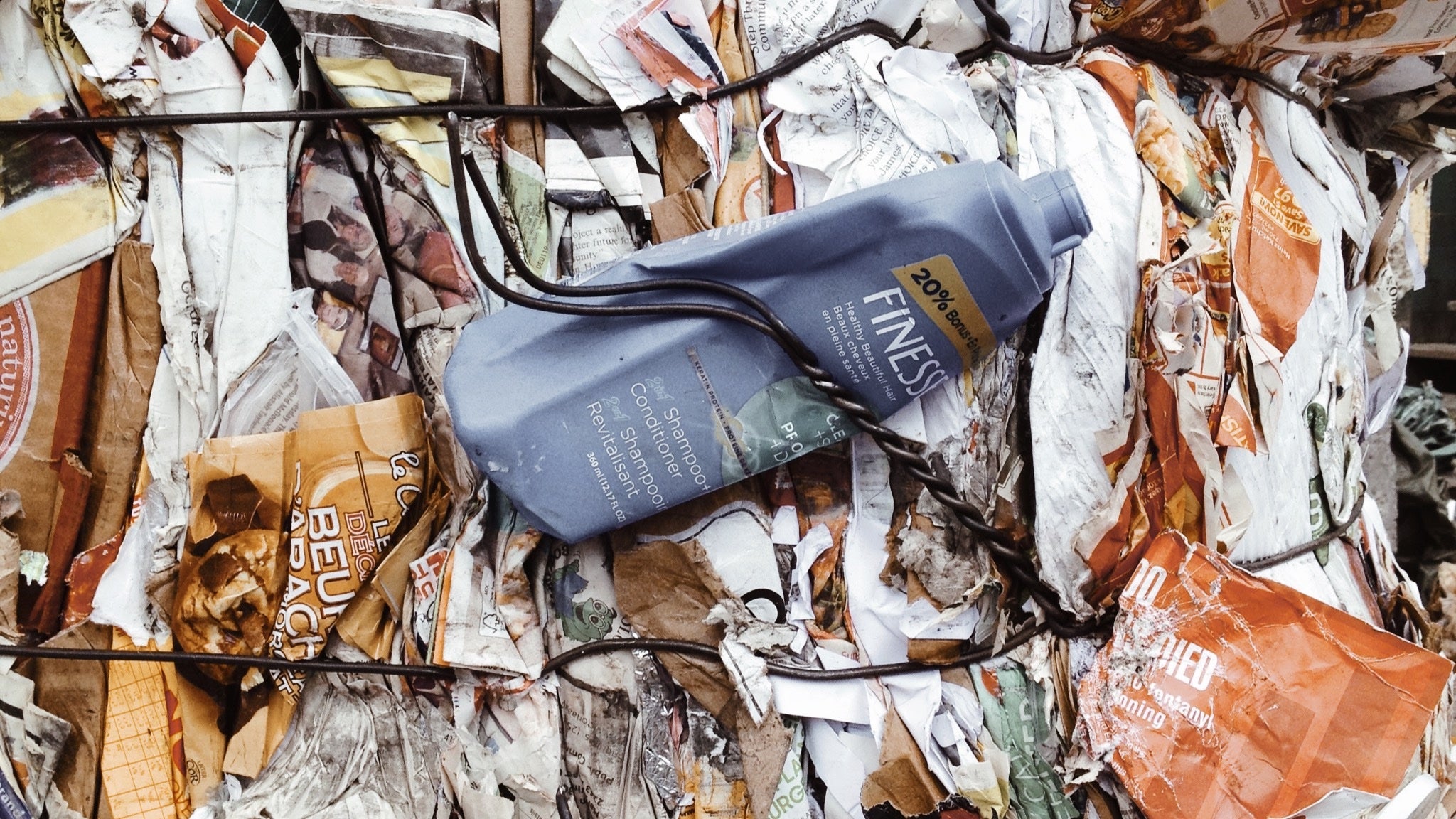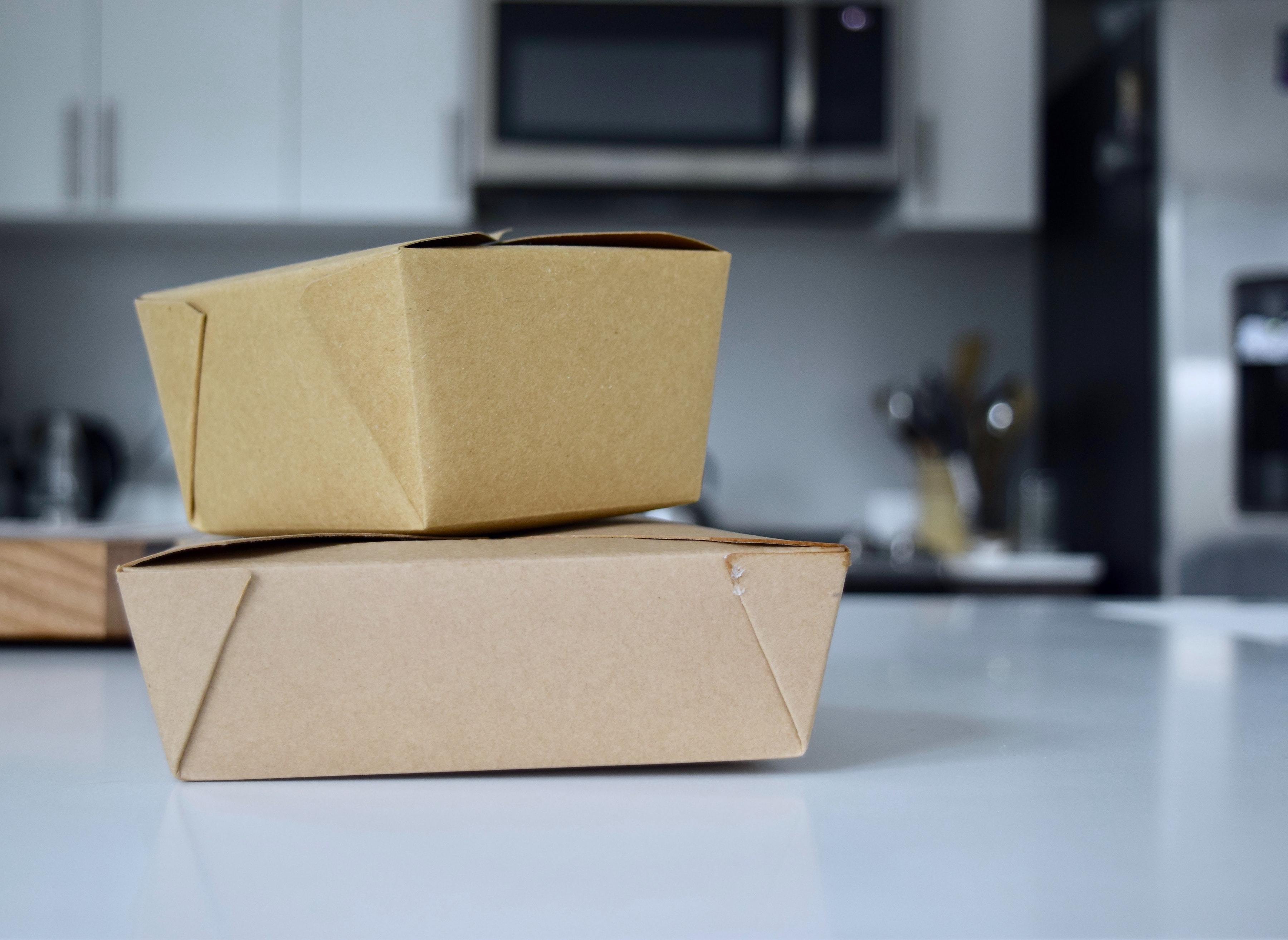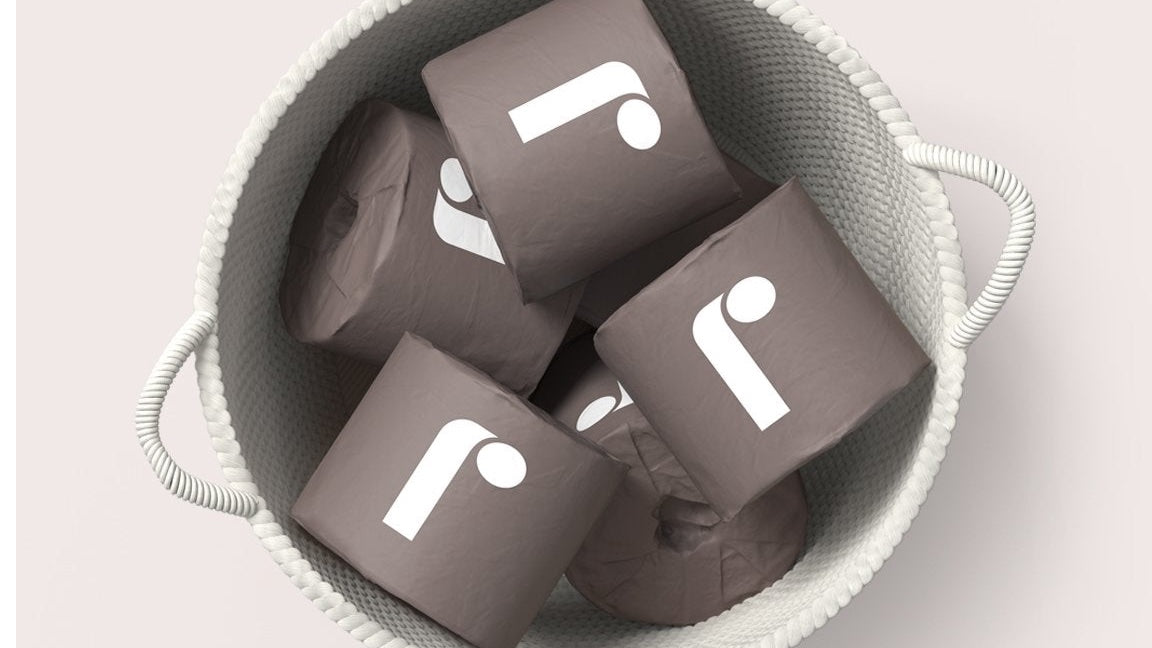
Recycling Is Broken
Have you noticed that “recyclable” symbols seem to be on everything these days? Yet, as of 2017, only 8% of plastics actually get recycled. Did you know that technically anything COULD be recycled with the right amount of time, money, and technology?
So then, why is only 8% recycled?
1. There is far too much plastic waste - and too many variations of each type, shape, and size to sort effectively. Sorters grab only what they know, like water bottles and milk jugs. They don’t have time to check small or odd-shaped containers for recycling numbers like we’re made to think.
2. Plastic recycling is typically contaminated. It’s often dirty - or mixed with “other” plastics, which can ruin whole batches. It’s cheaper for manufacturers to buy clean, new plastic.
3. It’s too expensive for most cities as new plastic is more valuable. Plastics can only be recycled 1-2 times before they’re downgraded to waste. Many municipalities pay more to discard large batches of recycling when no one buys it.
We frequently talk to business owners or makers who mean well but unintentionally mislead their customers. If manufacturers can convince business owners that their packaging is “recyclable,” then small businesses feel better about using and selling it for them.
This doesn’t just apply to plastics. Aluminum cans are easy and quick to sort but things like aluminum toothpaste tubes or aluminum to-go containers? Not so much. Aluminum tubes, to-go containers, foil, etc., are typically not recycled for the same reasons above, even though aluminum is recyclable infinitely. Thin aluminum burns up during the recycling process. If it’s not easily sortable or recyclable, it’s “trash.”
We have to be smart enough not to believe the “recyclable” marketing schemes growing around us. Manufacturers must be held responsible for deceiving the public while neglecting to invest in recycling infrastructure. Check out the documentary Plastic Wars by PBS and NPR to learn more!
As discouraging as this is, I hope this serves as a reminder that your efforts to reduce aren’t in vain! Just a few years ago, most people didn’t know what "going zero-waste" meant. Now, those same people are trying it! Although most people can't go completely zero waste, millions of people doing zero waste imperfectly - is far better than a few people doing it perfectly.



Leave a comment
This site is protected by hCaptcha and the hCaptcha Privacy Policy and Terms of Service apply.